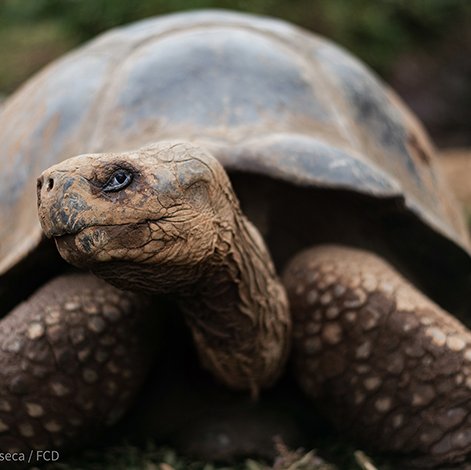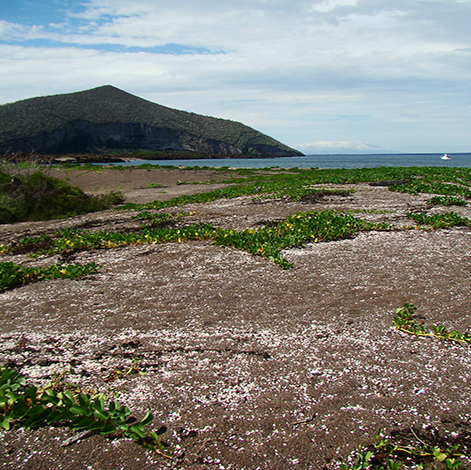Results
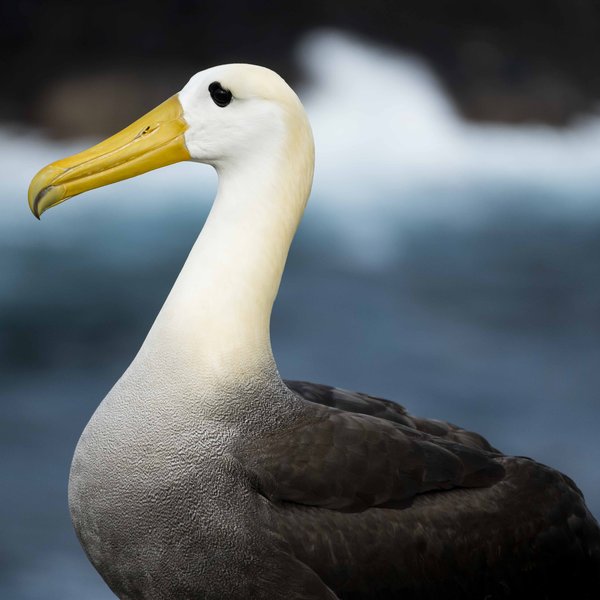
Carlos Espinosa/CDF

Carlos Espinosa/CDF

Carlos Espinosa/CDF

Carlos Espinosa/CDF

Carlos Espinosa/CDF

Carlos Espinosa/CDF
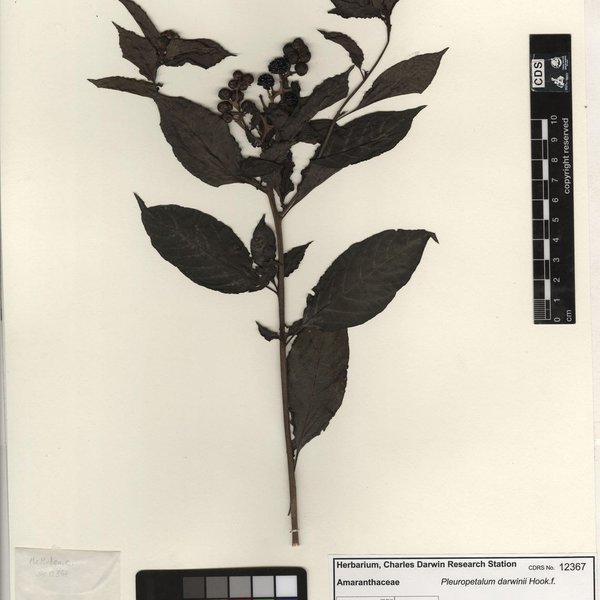

Carlos Espinosa/CDF
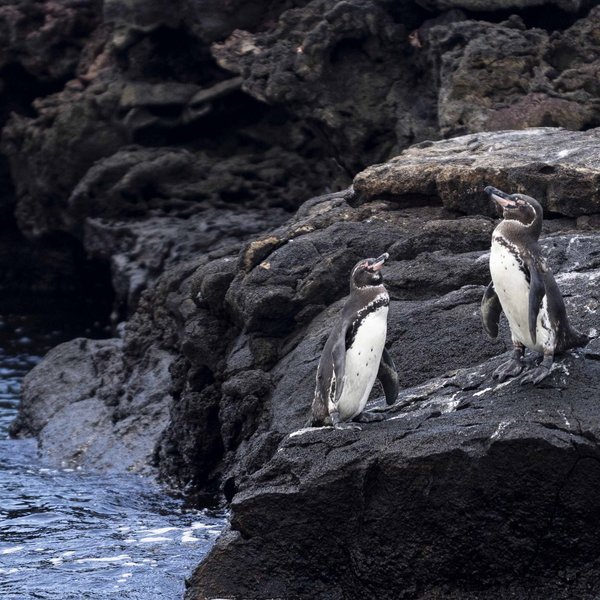
Carlos Espinosa-CDF
Conservation of Galapagos Marine birds
Galapagos penguins, flightless cormorants, waved albatross, and flamingos are among the most iconic birds in Galapagos. Yet, these sentinel species are all classified as threatened on the International Union for Conservation of Nature’s Red List, and face continued risk of population decline.

Carlos Espinosa/CDF

Carlos Espinosa/CDF

Carlos Espinosa/CDF
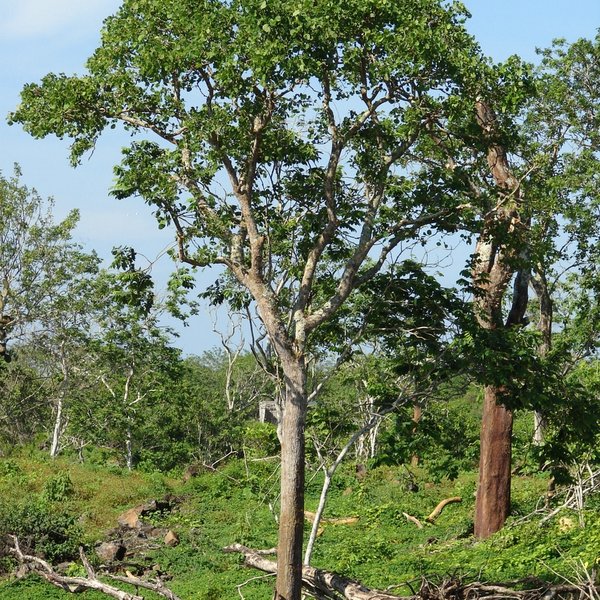
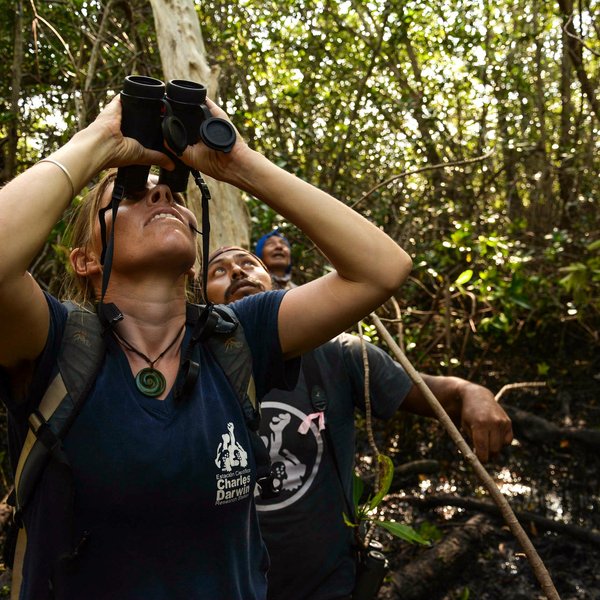
Juan Manuel Garcia-CDF
Landbird conservation
It is estimated that 20% of the populations of small landbirds found on the Galapagos Islands are declining or have gone locally extinct. Our scientists work to ensure the long-term conservation of small Galapagos landbird populations for the health of the islands’ ecosystems at large.


Carlos Espinosa/CDF

Carlos Espinosa/CDF

Carlos Espinosa/CDF





